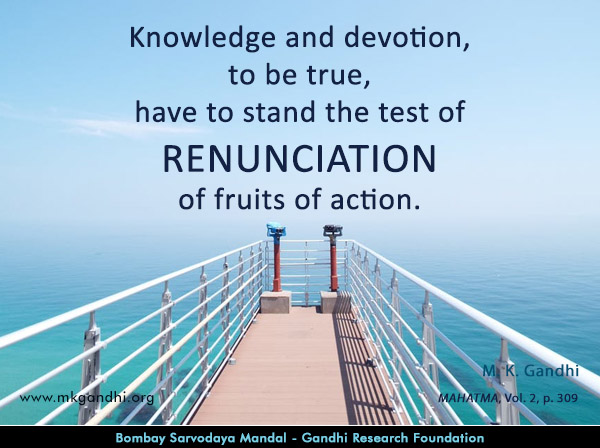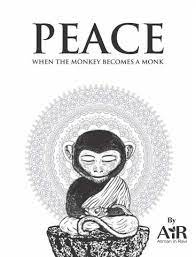"The Path of Meditative Focus and Moral Cultivation"
Embracing the Blissful Luminous Divine: In the realm of meditation, the first step is to center our attention on the radiant and blissful form of our chosen deity, the Ishta Devata. Through deep contemplation, we connect with the divine's resplendent presence, allowing its light to illuminate our inner being.
Immersed in Infinite Purity and Love: As our meditation progresses, we delve into the infinite purity that defines our Ishta Devata. We meditate on the deity's boundless love and limitless compassion, allowing these qualities to flow through us and awaken similar attributes within ourselves.
Unveiling Infinite Consciousness: Further along the path of meditation, we direct our focus towards the deity's infinite consciousness. As we connect with this divine consciousness, we begin to realize our own inherent connection to the universal consciousness that permeates all existence.
Overcoming Disturbances through Moral Cultivation: The mind often resists meditation, attempting to distract us from the object of our focus. Through the practice of moral culture, however, we gradually diminish these disturbances. By cultivating virtuous qualities and ethical conduct, we create a conducive environment for deepening our meditative experiences.
The Power of Divine Name and Form: In our meditative practice, we employ the repetition of the divine name and visualization of the deity's form. These elements serve as anchors, helping us to concentrate our mind and maintain focus. They provide a tangible thread that connects us to the divine realm.
Kindling Love and Devotion: It is crucial to cultivate a loving and devoted heart towards our chosen ideal. When our heart holds genuine affection and devotion for the divine, the path of meditation and spiritual life becomes more accessible. Love acts as a catalyst, propelling us forward on our journey of japa (repetition of the divine name) and meditation.
Remaining Alert and Detached: Throughout the process of meditation, it is essential to remain alert and vigilant. We should be mindful of intrusive thoughts, observing them objectively without becoming entangled or identified with them. By maintaining detachment, we allow our focus to remain undisturbed, deepening our meditative state and fostering inner clarity and peace.
"Finding Calmness through Focused Effort and Spiritual Perseverance"
Restlessness and the Pursuit of Peace: Overcoming restlessness requires a conscious and determined effort to direct our thoughts and actions. The world's natural pull often scatters our minds, preventing us from experiencing true calmness—the gateway to genuine peace and happiness.
Embracing the Power of Full Attention: When engaging in tasks, it is crucial to give them our undivided attention, setting aside other activities and plans. Multitasking and constantly shifting focus diminish our ability to enjoy the present moment. By slowing down and fully experiencing each activity, we can discover the joy that lies within it.
Deepening Connection through Conscious Listening: When interacting with others, it is important to offer our complete presence. Letting go of restlessness and focusing on the conversation at hand allows for a deeper connection. Cultivating the art of conscious listening not only enriches our relationships but also opens us to the subtle messages conveyed by music, nature, and ultimately, the divine.
Completing Tasks with Sustained Concentration: To overcome restlessness, it is vital to develop the habit of finishing one task before moving on to the next. Every project involves three stages: initial inspiration, overcoming challenges, and the joy of completion. Often, restlessness tempts us to abandon projects prematurely. By cultivating sustained concentration, we learn that success comes through persistent effort.
The Journey of Meditation: In our meditation practice, we may initially be carried by the excitement and joy of discovering the spiritual path. New experiences and depth in meditation boost our confidence in our spiritual potential. However, as we progress, we encounter the phase of hard work, facing desires, attachments, and karmic tendencies. Restlessness can surface during this period, necessitating intensity and sustained effort, as emphasized by Paramhansa Yogananda.
Innovative Approaches to Overcome Restlessness: During dry and restless periods on the spiritual path, it is beneficial to infuse our practice with fresh and creative elements. Exploring chanting, learning new chants, incorporating walking meditations in nature, integrating yoga postures into our routine, or embarking on retreats in inspiring environments can invigorate our sadhana. Spiritual perseverance in the face of restlessness ultimately leads us to the phase of inner joy and fulfillment.
Conclusion:
By
consciously focusing our thoughts and actions, we can overcome restlessness and
experience a profound sense of calmness. Embracing the power of full attention,
cultivating conscious listening, completing tasks with sustained concentration,
and innovating our spiritual practice during challenging times enable us to
progress on our journey toward inner peace and fulfillment. With dedication and
perseverance, we can navigate through restlessness and discover the lasting
tranquility that lies within.
IF
HE EXIST
I drive joy there was a doctor in Benaras who
spent 7 minutes in the morning and evening for mediation on God. Knowing this,
his colleagues and friends laughed at him. One day they argued that he was
wasting 7 precious minutes on something, which he had been misled into
believing. The doctor replied, “Well, if God does not exist, I agree that I am
wasting 7 minutes a day. But, if He exists? I am afraid you are wasting your
entire lifetime. I prefer to waste 7 minutes rather than a lifetime. Why should
you grudge me the 7minutes joy that I derive 4m.-
ILLUSTRATED REVIEW :7th heaven moment of
the week in cwc Ned won by 7





























